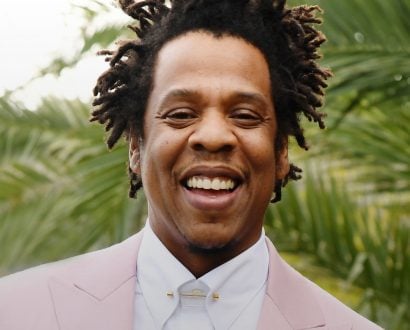How Jay-Z went from teen drug dealer to the world’s richest musician

The irony can’t have been lost on Jay-Z when he announced his latest business venture in late 2020. In addition to owning clothing lines, a record label, sports agency, streaming service, top-shelf liquor brands and around one per cent of Uber, he would now be a purveyor of cannabis through his startup Monogram.
However, this wasn’t shrink-wrapped crumbling lumps of hash from under the counter of the corner store. Instead, he announced solemnly, it "marks a new chapter in cannabis, defined by dignity, care and consistency … it is still an industry whose legacy of skilled craftsmanship is often overlooked".
The pre-rolled cigars and tins of dried flowers are packaged in sophisticated black boxes and retail for up to US$70. The veteran rapper is the firm’s Chief Visionary Officer, a far cry from the last time he worked in the narcotics industry some 38 years earlier.
"To be in a drug deal, you need to know what you can spend, what you need to re-up … At some point, you have to have an exit strategy, because your window is very small." – Jay-Z
Back then, there wasn’t much craftsmanship involved in cooking up the crack cocaine that a 13-year-old Shawn Corey Carter was selling in back alleys around the notorious Marcy housing projects in the deprived Bedford-Stuyvesant district of Brooklyn where he’d grown up. Nor was there much dignity in the almost daily murders and stabbings as rival gangs defended their territories.